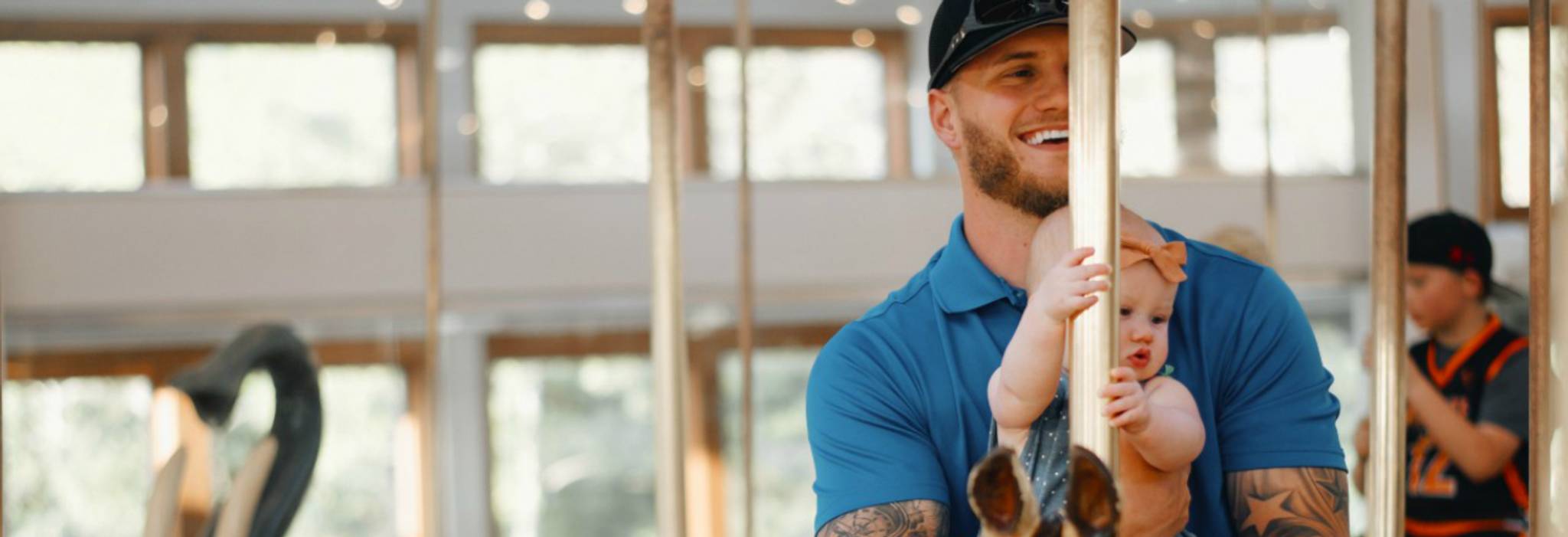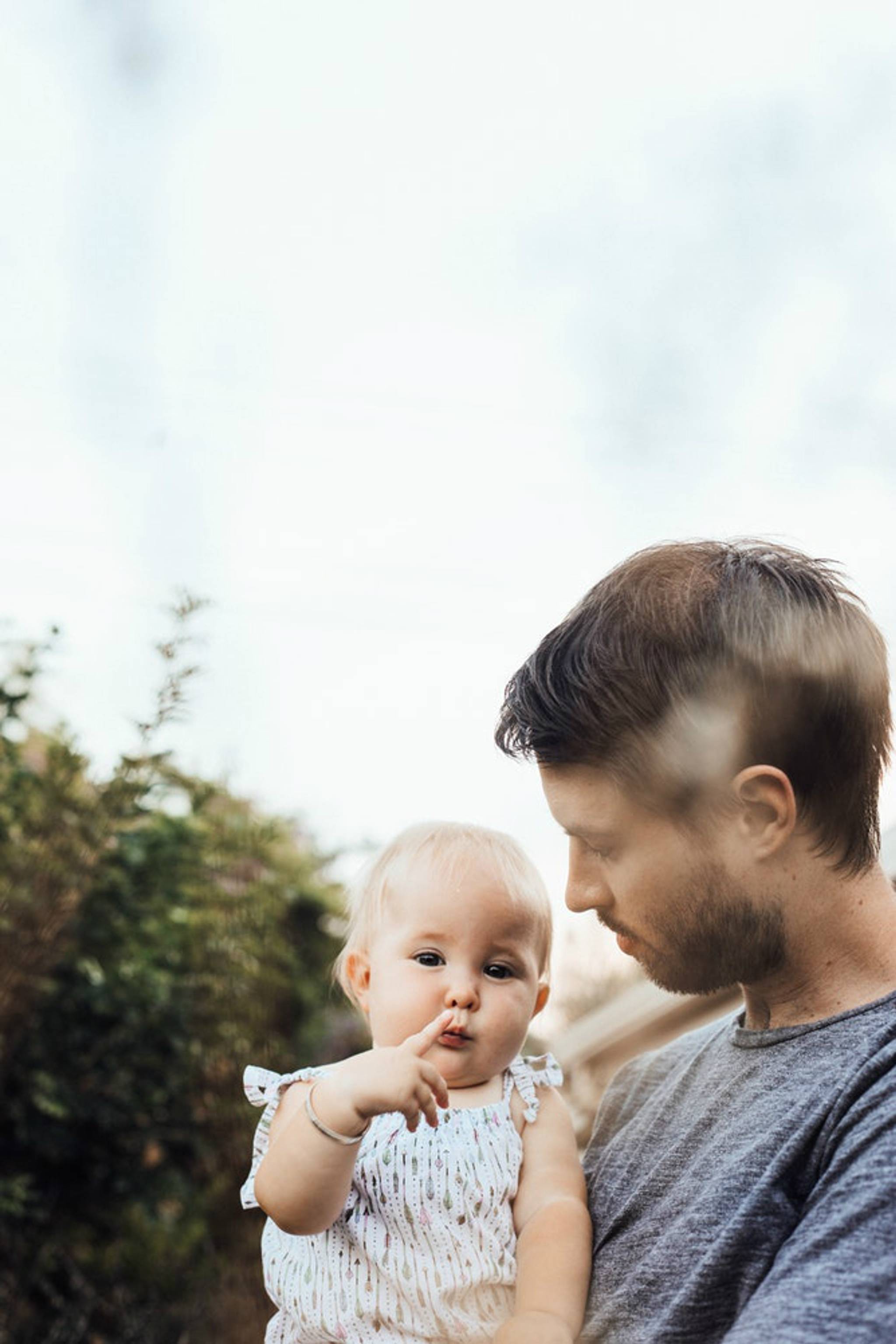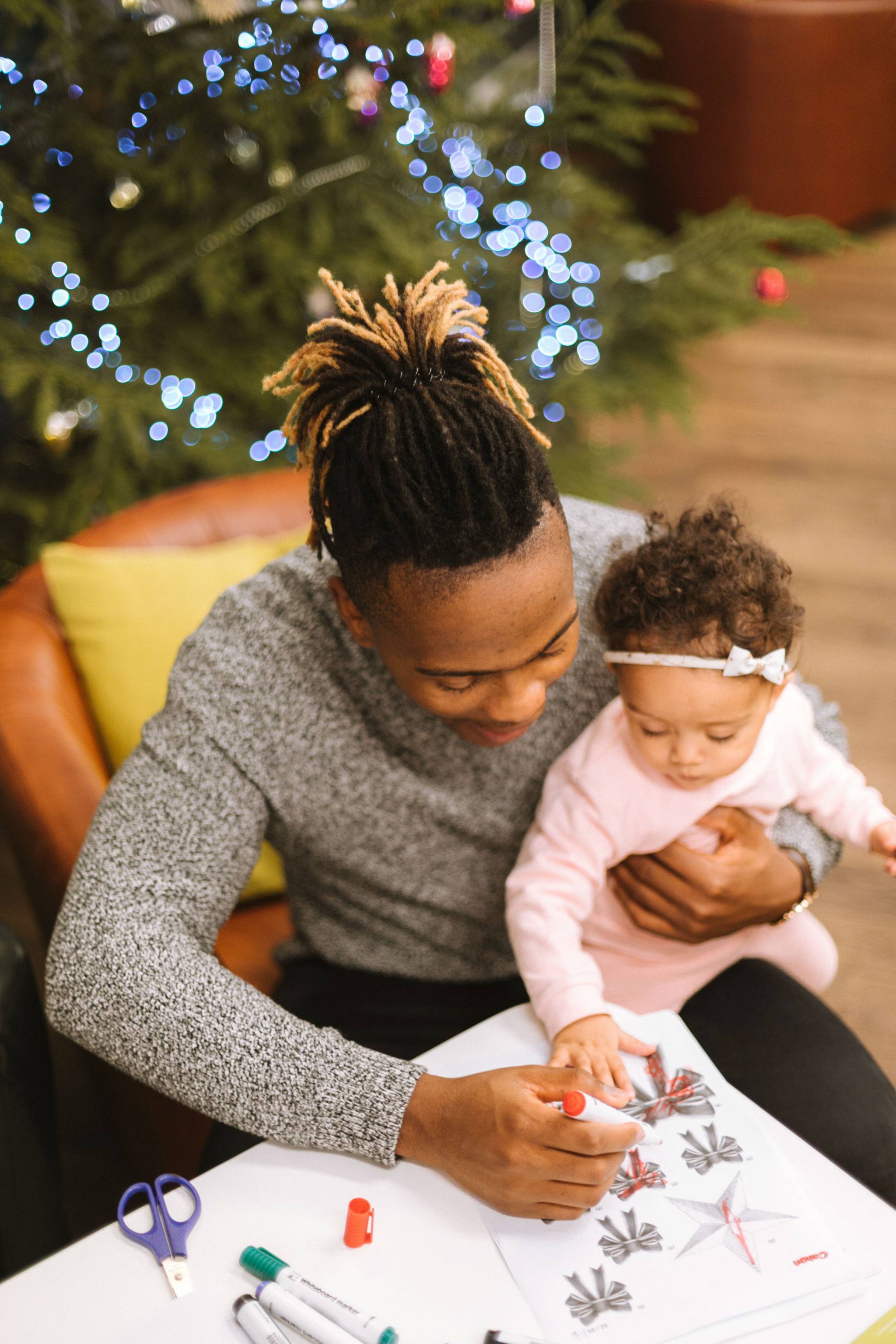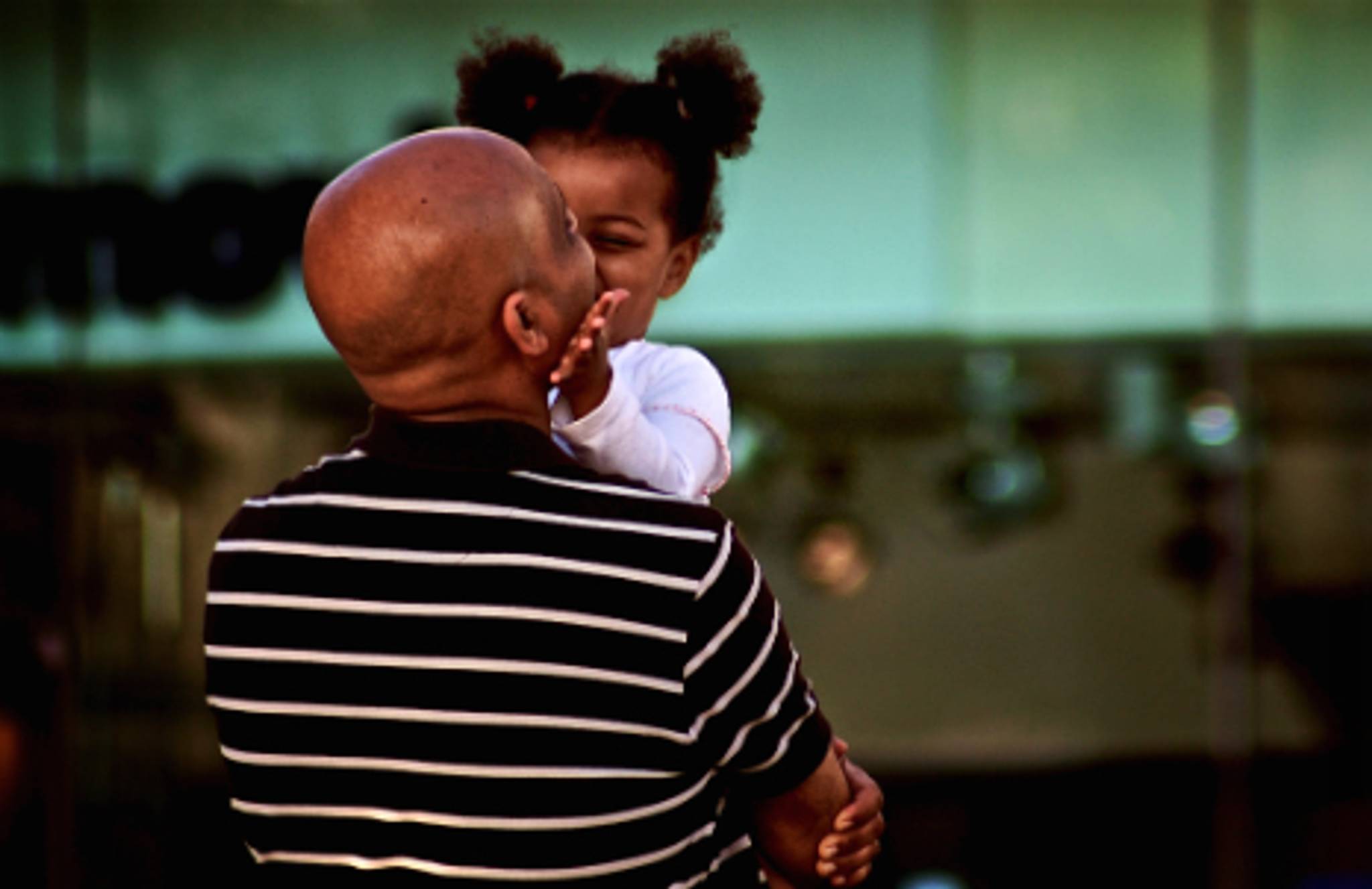
The US Department of Health and Human Services’ Administration for Children and Families (ACF) has launched a campaign that focuses on the fun of fatherhood. Based on research that an involved dad leads to happier, healthier children, brands can work to enhance the lives of both parties. We explore the insights behind the campaign and discover how brands are trying to support modern dads.
The Father’s Day campaign was launched as a collaboration between the ACF, National Responsible Fatherhood Clearinghouse, Ad Council, and Campbell Ewald, and aims to remind fathers to make time to be in their child’s life. Featuring scenes like a father doing the worm with his son, the campaign reminds fathers of the fun that can be had when parenting, with a slogan of #DanceLikeADad. "Kids that have involved dads in their lives are healthier, do better in school, and are generally just happier kids. That's why this year's campaign urges dads to cut a rug, bust a move, or just plain jump around with their kids and dance like a dad," says Jo Shoesmith, chief creative officer at Campbell Ewald.
Nine out of ten Gen Y men feel the pressure to be the perfect dad, but brands can help by depicting modern fatherhood with authenticity and empathy. Oreo celebrated the playfulness and joy of fatherhood with a collaboration with Wiz Khalifa, while web series Man Enough breaks down harmful stereotypes and makes active fatherhood more attainable and supportive for men. With 67% of American Gen Y dads wanting equal involvement in child-rearing, brands can provide inspiration and nudges towards small but meaningful behavioural changes, to stay relevant to their audience. For example, Pampers is showing its commitment to supporting dads by announcing it will provide 5,000 changing tables for men’s public restrooms across North America in the next two years.
Some 40% of new fathers report feeling isolated and many struggle to maintain a work-life balance, showing that fatherhood in 2019 is far from easy. As 47% of men do not talk openly with friends about their problems and 27% claim to have no close friends at all to discuss their fears and anxieties, spaces like the UK Men’s Sheds Association provides spaces in which they can bond and socialise.
Edoardo Biscossi is a behavioural analyst at Canvas8, which specialises in behavioural insightsand consumer research. He has a degree in Political Sciences and a MSc in Consumer Behaviour. He’s interested in culture, media, art, the future, the niche, and the mass.



